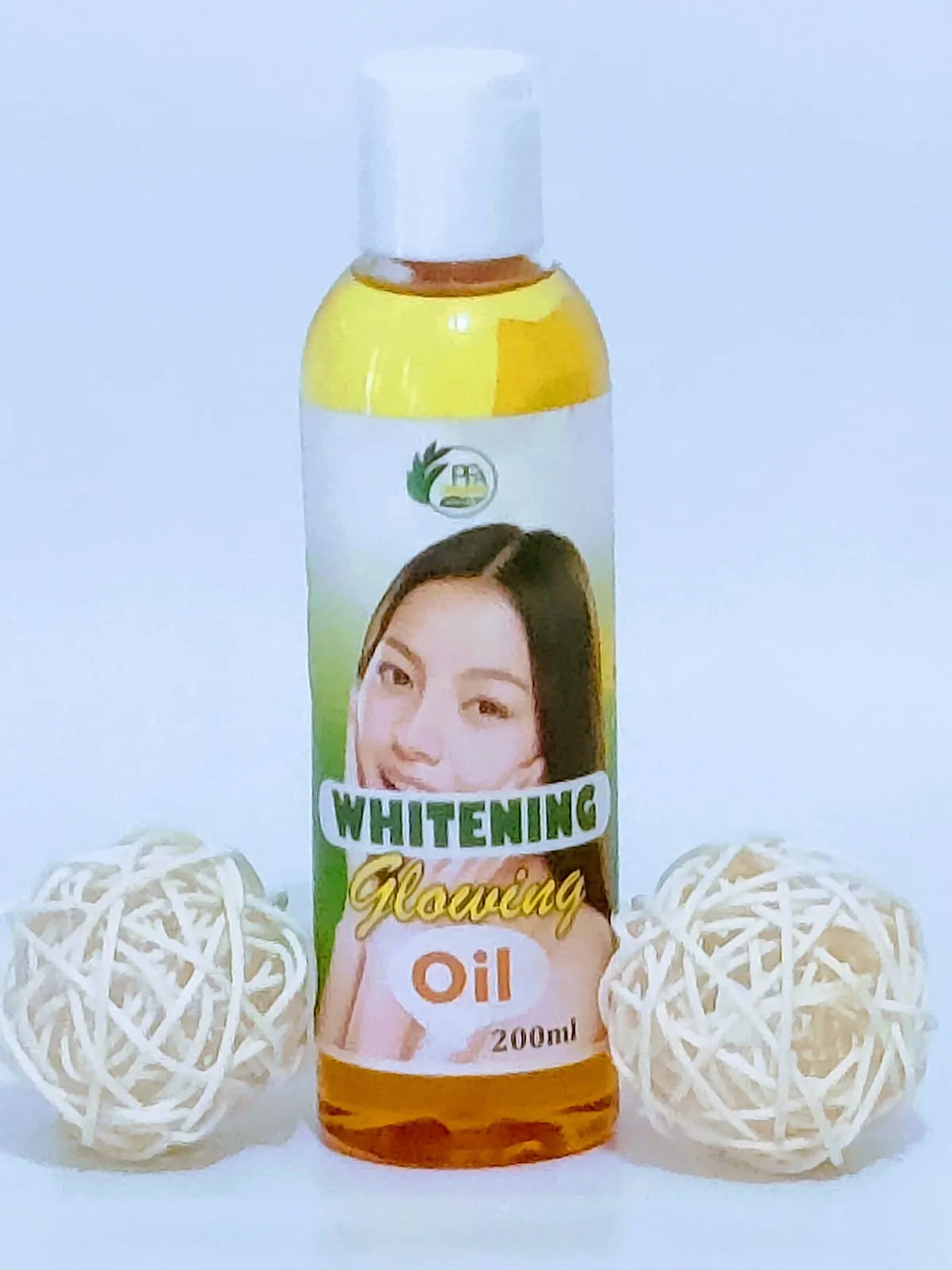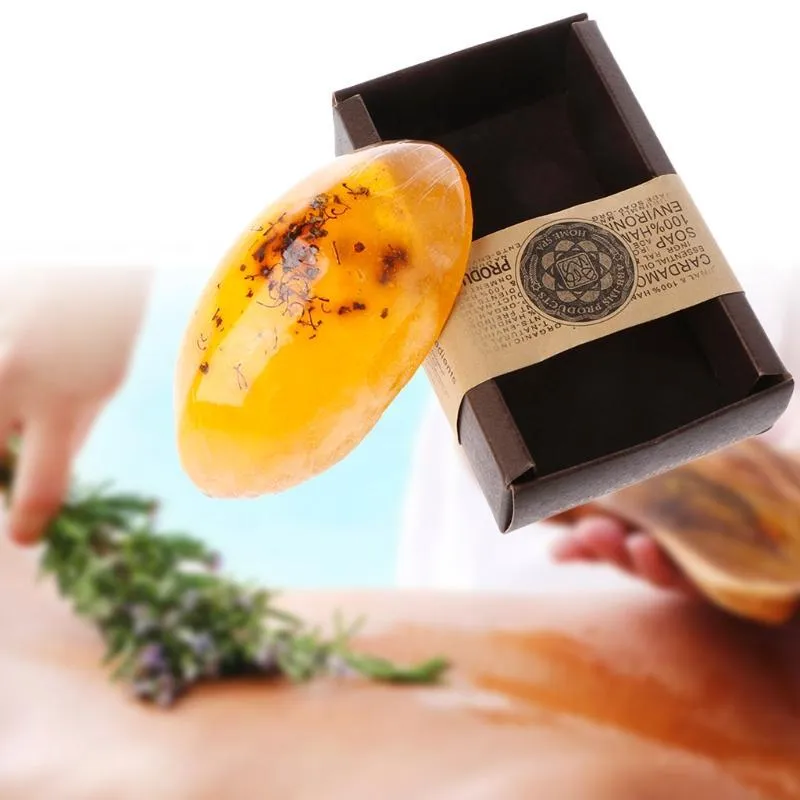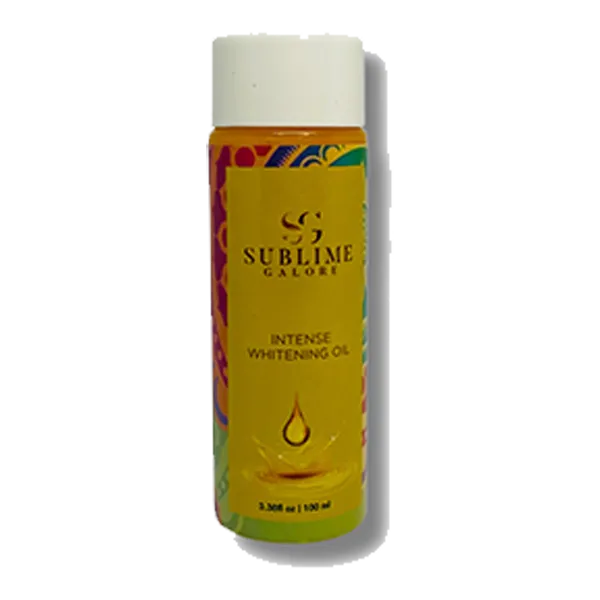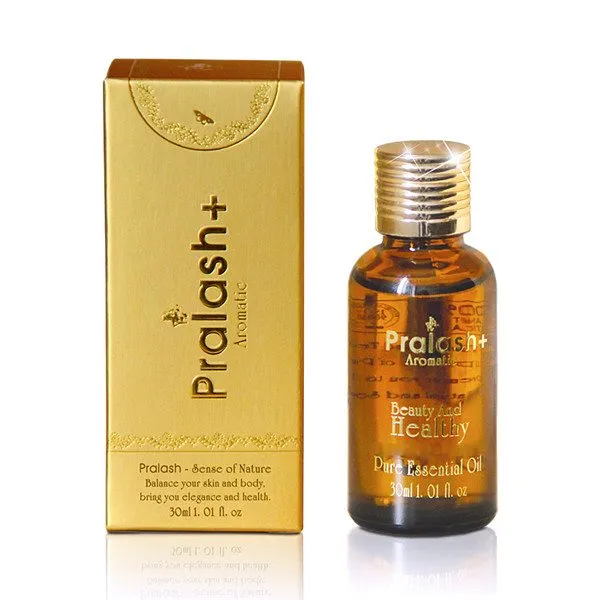Essential Oils for Whitening Skin
The pursuit of flawless, radiant skin is a timeless quest, and in recent years, the use of natural remedies, particularly essential oils, has gained significant traction. Essential oils, derived from plants, offer a holistic approach to skincare, and many of them possess properties that can help with skin whitening. This article delves into the world of essential oils for whitening skin, exploring their benefits, how they work, and the top five oils to consider for achieving a brighter, more even complexion. Understanding the power of nature and how to harness it for your skincare routine is crucial for achieving the results you desire.
What are Essential Oils
Essential oils are concentrated hydrophobic liquid containing volatile aroma compounds from plants. They capture the essence of a plant, carrying its fragrance and, crucially, its therapeutic properties. These oils are extracted through various methods, including steam distillation, cold pressing, and solvent extraction. The quality and effectiveness of an essential oil are greatly influenced by the extraction method used, as well as the origin of the plant and the care taken during the process. Each essential oil has a unique chemical composition, dictating its specific benefits and uses. They are used for a multitude of purposes, from aromatherapy to skincare and beyond, offering a natural and often potent alternative to synthetic products.
How Essential Oils Work for Whitening

Essential oils can promote skin whitening through various mechanisms. Some oils have natural bleaching properties, helping to lighten dark spots and hyperpigmentation by inhibiting melanin production. Melanin is the pigment responsible for the color of our skin, and excessive production can lead to uneven skin tone. Other essential oils possess antioxidant properties that combat free radicals, which can damage skin cells and contribute to premature aging and uneven skin tone. Some essential oils also boost skin cell regeneration, promoting the shedding of dead skin cells, revealing brighter, newer skin underneath. The combined effect of these actions results in a more even and luminous complexion. By incorporating these oils into your skincare regime, you can work towards achieving a more youthful and vibrant appearance.
The Top 5 Essential Oils for Whitening Skin
Lemon Essential Oil for Whitening
Lemon essential oil is renowned for its skin-brightening abilities. It contains citric acid, a natural bleaching agent that can help lighten dark spots and improve overall skin tone. Using lemon essential oil requires caution as it can increase the skin’s sensitivity to sunlight, so it’s crucial to use it in low concentrations and avoid sun exposure after application. Its refreshing aroma adds an uplifting element to your skincare routine, making it a popular choice for those seeking a natural approach to skin whitening. Always dilute lemon essential oil before applying it to your skin. A drop or two in a carrier oil can be effective. Be consistent and patient when using lemon oil, as the results may take some time to appear.
Benefits of Lemon Oil

- Lightens dark spots and blemishes
- Brightens skin tone
- Acts as an antioxidant
- Refreshing and uplifting aroma
How to Use Lemon Oil
Mix 1-2 drops of lemon essential oil with a carrier oil like jojoba or almond oil. Apply this mixture to the affected areas once a day, preferably in the evening. Always perform a patch test before applying it to a larger area of your skin. Avoid direct sunlight after application.
Lavender Essential Oil for Whitening
While not directly a whitening agent, lavender essential oil promotes healthy skin cell turnover and reduces inflammation, which can contribute to a brighter complexion. Its calming properties also help to alleviate stress, a common cause of skin problems. The regular use of lavender oil can result in healthier skin overall, which is often associated with a more radiant appearance. The gentle nature of lavender makes it a good choice for those with sensitive skin who may want to avoid more potent ingredients. Also, it helps the skin to regenerate by creating healthy cell production. This oil is a gentle option that combines both soothing effects and supports skin health.
Benefits of Lavender Oil

- Reduces inflammation
- Promotes skin cell regeneration
- Calming and soothing properties
- Good for all skin types
How to Use Lavender Oil
Dilute 2-3 drops of lavender essential oil in a carrier oil. Apply this to your skin as part of your night-time routine. Lavender oil can be combined with other essential oils like lemon or tea tree for enhanced benefits. Add it to your moisturizer for added hydration and gentle action.
Tea Tree Essential Oil for Whitening
Tea tree essential oil, known for its antibacterial and anti-inflammatory properties, can help reduce acne and blemishes, thereby promoting clearer skin. It doesn’t directly whiten the skin, but by addressing skin imperfections, it contributes to a brighter, more even skin tone. Tea tree oil is particularly beneficial for those prone to acne or oily skin. It can help to eliminate the root cause of dark spots and enhance the overall appearance of the skin. Regular use can lead to a clearer and brighter skin appearance. Always use with caution and dilute properly.
Benefits of Tea Tree Oil

- Reduces acne and blemishes
- Anti-inflammatory properties
- Controls oil production
- Supports clear skin
How to Use Tea Tree Oil
Mix one drop of tea tree essential oil with a carrier oil like coconut oil or witch hazel. Apply to blemishes and acne-prone areas. Avoid using it on sensitive skin without prior consultation with a skincare professional.
Frankincense Essential Oil for Whitening
Frankincense essential oil has powerful anti-aging properties and can promote skin regeneration. It helps to reduce the appearance of wrinkles and fine lines while supporting a more even skin tone. By encouraging healthy cell turnover, frankincense oil can help to brighten the skin and minimize dark spots. The ability of Frankincense to encourage healthy skin cell production makes it a great asset for your whitening regime, providing a holistic approach to skincare. Used regularly, it can help achieve a more youthful and radiant appearance. Its properties make it a good choice for addressing signs of aging and supporting a brighter complexion.
Benefits of Frankincense Oil

- Reduces wrinkles and fine lines
- Promotes skin cell regeneration
- Improves skin tone
- Anti-aging benefits
How to Use Frankincense Oil
Dilute 2-3 drops of frankincense essential oil in a carrier oil. Apply to your face in the morning and evening. It can be added to your daily moisturizer for added benefits. You can combine it with other essential oils like lavender or lemon for enhanced results.
Carrot Seed Essential Oil for Whitening
Carrot seed essential oil is rich in antioxidants and vitamins that can help to protect the skin from sun damage and promote a brighter complexion. It’s known to help in skin rejuvenation. Its properties contribute to improving the appearance of the skin. It is helpful in reducing dark spots and creating a more even skin tone. Regular use, combined with sun protection, can result in a more radiant and youthful appearance. Carrot seed oil is a great natural choice to support your skin’s natural defense and promotes an even skin tone.
Benefits of Carrot Seed Oil

- Rich in antioxidants
- Protects against sun damage
- Promotes skin rejuvenation
- Helps to even skin tone
How to Use Carrot Seed Oil
Mix 2-3 drops of carrot seed essential oil with a carrier oil. Apply to your face, and especially to areas prone to sun damage, before sun exposure. Use it in the evening to assist in skin recovery. Use it with caution. Perform a patch test before applying to a larger area.
How to Use Essential Oils Safely
While essential oils offer remarkable benefits, it’s crucial to use them safely. These oils are potent and can cause skin irritation or allergic reactions if not used correctly. Understanding and following safety guidelines ensures that you can reap the rewards of these oils without encountering adverse effects. Proper dilution, patch testing, and responsible storage are key to a safe and effective skincare routine.
Dilution Guidelines
Essential oils should always be diluted in a carrier oil before topical application. The concentration of essential oil should be low, typically 1-3% in a carrier oil. The carrier oil dilutes the essential oil, reducing the risk of skin irritation and enhancing absorption. Popular carrier oils include jojoba oil, almond oil, coconut oil, and grapeseed oil. The selection of carrier oil depends on your skin type and preference. Use a dropper for precise measurement, which ensures the appropriate essential oil concentration.
Patch Testing
Before applying any essential oil to a large area of your skin, perform a patch test. Apply a small amount of the diluted oil to a small area of skin, such as the inner arm, and wait 24 hours to check for any adverse reactions, such as redness, itching, or irritation. If you experience any of these symptoms, discontinue use. Patch testing helps identify potential allergies or sensitivities. It is a simple yet crucial step in ensuring the safe use of essential oils, safeguarding your skin health and maximizing the benefits.
Storage and Shelf Life
Store essential oils in a cool, dark place, away from direct sunlight and heat. This helps preserve their potency and extends their shelf life. Always keep essential oils tightly sealed, which helps minimize oxidation and degradation. Check the expiration date on the essential oil bottle. If you are not sure, discard them to prevent using expired oil. Generally, essential oils have a shelf life of 1-3 years, depending on the oil. Improper storage can accelerate degradation, reducing the oil’s effectiveness and potentially causing skin irritation.
Potential Side Effects and Precautions
Essential oils, while natural, can cause side effects. Common side effects include skin irritation, allergic reactions, and photosensitivity, especially with citrus oils. Always dilute essential oils properly before applying them to the skin. Consult with a dermatologist or a certified aromatherapist before using essential oils, especially if you have any existing skin conditions, are pregnant or breastfeeding, or are taking any medications. Be aware that some essential oils can interact with medications. By being aware of possible side effects and taking necessary precautions, you can make sure of a safe and positive experience with essential oils.
In conclusion, essential oils offer a natural and effective approach to achieving a brighter, more even skin tone. From the skin-brightening properties of lemon oil to the anti-aging benefits of frankincense, the options are diverse and compelling. However, always prioritize safety, proper dilution, and patch testing. Incorporating essential oils into your skincare routine can be a rewarding journey, leading to healthier, more radiant skin. By following these guidelines, you can harness the power of nature to unlock your skin’s full potential and enjoy the benefits of these natural remedies.
